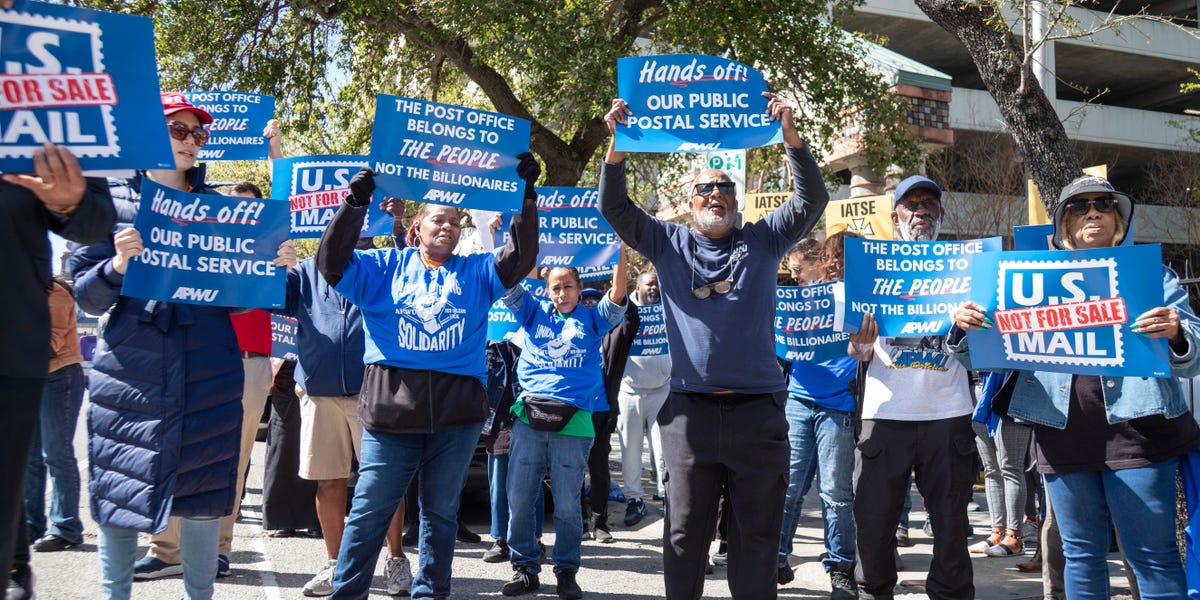Rural Communities at Risk: How Postal Privatization Could Crush Small Business Lifelines

As the debate over the United States Postal Service's future intensifies, high-profile figures Donald Trump and Elon Musk are pushing for privatization, sparking serious concerns among policy experts about the potential consequences for American consumers and communities.
The proposed privatization has raised alarm bells across multiple sectors, with analysts warning of significant potential drawbacks. Experts argue that privatizing the USPS could lead to dramatic price increases, reduced service quality, and disproportionate impacts on rural and low-income communities that rely heavily on affordable mail and package delivery.
While proponents like Trump and Musk claim privatization would improve efficiency and financial performance, critics point out that the USPS serves a critical public service role that extends beyond mere financial metrics. The postal service provides essential communication and delivery infrastructure for millions of Americans, particularly in underserved areas where private carriers might find operations less profitable.
The potential privatization could fundamentally reshape mail and package delivery in the United States, potentially creating a system where cost-effectiveness trumps universal service accessibility. Vulnerable populations, including elderly residents, rural communities, and small businesses, stand to be most significantly affected by such a dramatic structural change.
As the debate continues, stakeholders are closely watching how policymakers will balance economic considerations with the USPS's long-standing commitment to serving all Americans, regardless of location or economic status.
